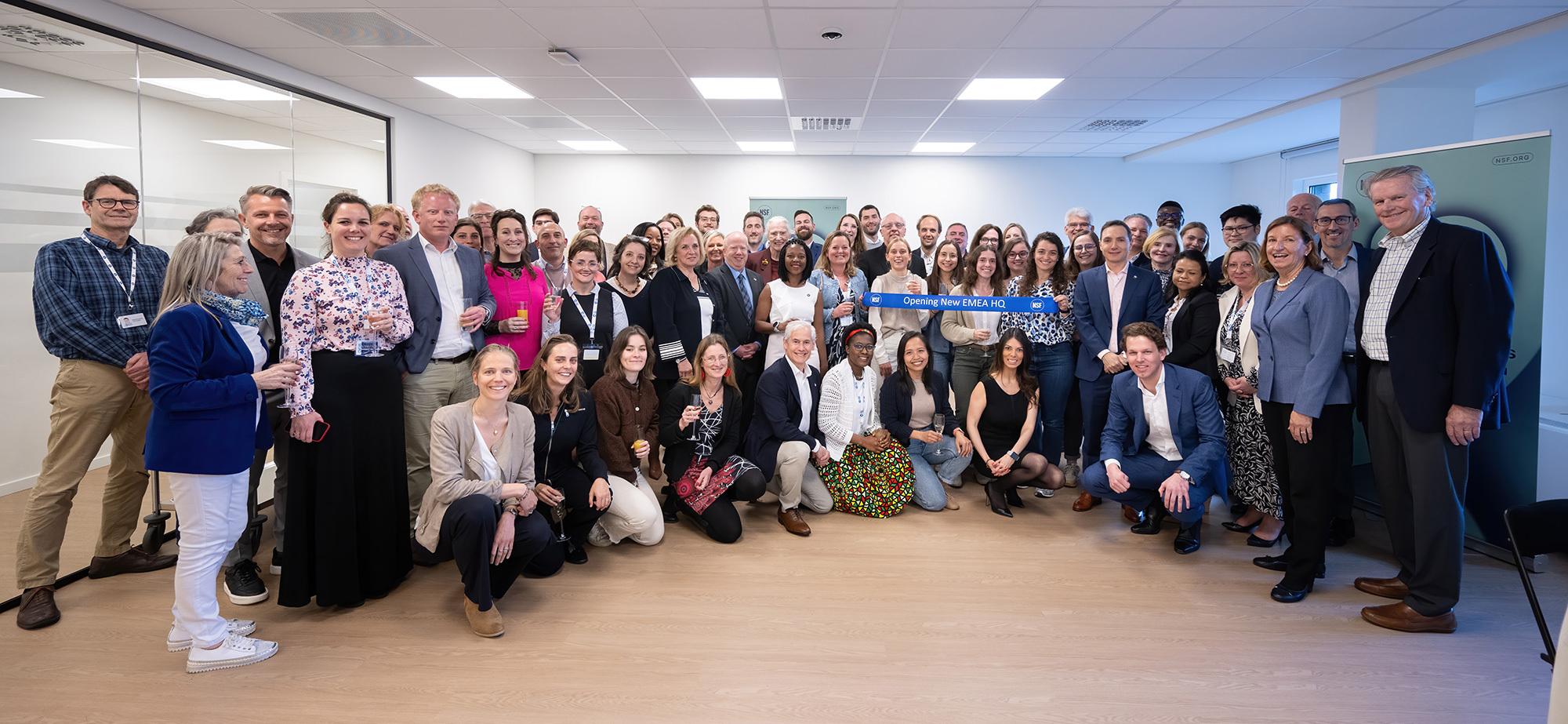Improve Your Pharmaceutical Operation by Implementing Simplification and Behaviour Change

A focused simplification strategy will offer game-changing results in pharma operations. Regulation is inherently complex, and the bar seems to get higher with each passing year or with the issuing of new guidance.
Staying current is not easy and managing the inherent, ever-growing complexity can be a serious challenge. We highlight several ways to increase the efficiency of a production plant by helping operators execute tasks with greater consistency and confidence, and less effort.
A key principle is to ensure a reduction of cognitive load for personnel who work on the operational side of the business, helping them to complete their daily tasks with less effort and to a greater degree of success.
Another key principle is that the health of a company’s pharmaceutical quality system (PQS) has a significant impact on operational success. A plant’s PQS needs to be designed to support the volume of events a site must manage. Backlogs in investigations, change controls and CAPAs are symptomatic of poorly designed systems and potentially under-resourced operations. Focusing on backlog prevention needs to be an ongoing area of focus for management.
We suggest three simplification strategies that will make a significant difference and improve pharmaceutical plant operations: identifying and implementing GMP habits, institutionalizing effective triage techniques, and pursuing SOP simplification.
Identifying and implementing GMP habits
GMP habits can be instilled in staff in many ways, but it is important to do so early in their employment. This must happen during unit operation training, where personnel are shown the unique documentation practices, gowning and hygiene habits, and those routine tasks everyone must perform when working in the GMP areas. GMP habits are established by stepping back and assessing any issues or problems that are occurring frequently.
The Logbook Entry Example
For example, if a plant is experiencing repeated incidents with logbook entries, the development of a GMP habit around logbook entries should become an area of focus. This requires standardizing the logbook design to ensure consistency, and training personnel around logbook entries describing what good and bad entries look like. By focusing on one major source of error and developing a GMP habit in that area, the number of incorrect or missing entries will be dramatically reduced.
Sites should identify the recurring and easily preventable issues common to all unit operations and develop good GMP habits in those areas. Everyone must know what “good” looks like and practice it flawlessly every day with little effort. That is what a good GMP habit is all about.Institutionalizing triage techniques
It is also important to employ a triage system to ensure the right amount of effort is placed on those issues presenting the greatest risk (reference ICH Q9 – Quality Risk Management). Manufacturers can establish a triage system by evaluating which events are of minor, major, or critical patient safety and/or compliance risk. Minor events may only need monitoring for any future occurrences, while major events will require a quality investigation, and critical investigation plus notification to management. This will vary from operation to operation, but in all cases, training about which events fall into which category should be given to all employees and this should be routinely monitored.
Effective triage allows a manufacturer to have much more robust corrective and preventive actions (CAPAs), less incident re-occurrence, and ultimately less systemic risk. This will indirectly improve the health of the company’s pharmaceutical quality system and result in better decision-making at all levels of the organization.
Tips for documentation simplification
Most standard operating procedures (SOPs) in pharmaceutical operations are overly complicated, not written for the users, and extremely difficult to follow. Many of the SOPs can be cut down, reduced in size, and revamped with a more intuitive, user-friendly format. This can be done by assessing each SOP alongside the subject matter experts (SMEs), asking them to highlight which tasks they feel are critical, incorrect, or unnecessary. A revision document should then be drafted, reviewed, and tested alongside the current SOP to see which version is more beneficial. However, in practice, SOP revision projects are doomed from the start. SOP revisions fall to the bottom of the daily to-do list in most plants. SOP revisions that are associated with regulatory commitments, CAPA commitments, or general audit commitments will take priority and the mantra becomes “Just get it done!”. In addition, new SOPs are constantly entering the system to support new equipment, new systems, products, and processes. Thus, SOP re-engineering begins to appear like a Herculean task.
Just like remodeling a house – it is often more difficult to remodel than building the house from scratch. However, a site will make steady progress by following these tips:
- Ensure management and site-level buy-in for an SOP simplification initiative is visible
- Ensure site-level/department-level ownership is clear
- Ensure there is a common process in place for SOP simplification
- Select the SOPs well – those that are frequently used and not inordinately complicated. Generally, the consensus around which SOPs require simplification is easy to obtain.
- Involve the SMEs or those personnel most familiar with the SOPs
- Ensure the documentation system is primed and ready to move the revised SOPs through to implementation relatively quickly
- Celebrate early successes!
- Keep this process going for at least 12 months and measure the outcome
How can we help?
NSF’s team of experts can help your company in many ways.
We can assist you with a pre-inspection audit to help you to get ready for an inspection from a regulatory authority.
Our training team works with companies around the world to drive improvements in human performance.
The NSF Pharma and Biotech consulting experts support companies throughout the product lifecycle and have extensive experience in supporting companies that have received warning letters from regulatory authorities.
Our experts can work with you to determine the best plan for you and your company. Simply complete the form below and one of our expert team will get back to you to start a conversation about how NSF can help you and your company.
How NSF Can Help You
Get in touch to find out how we can help you and your business thrive.

